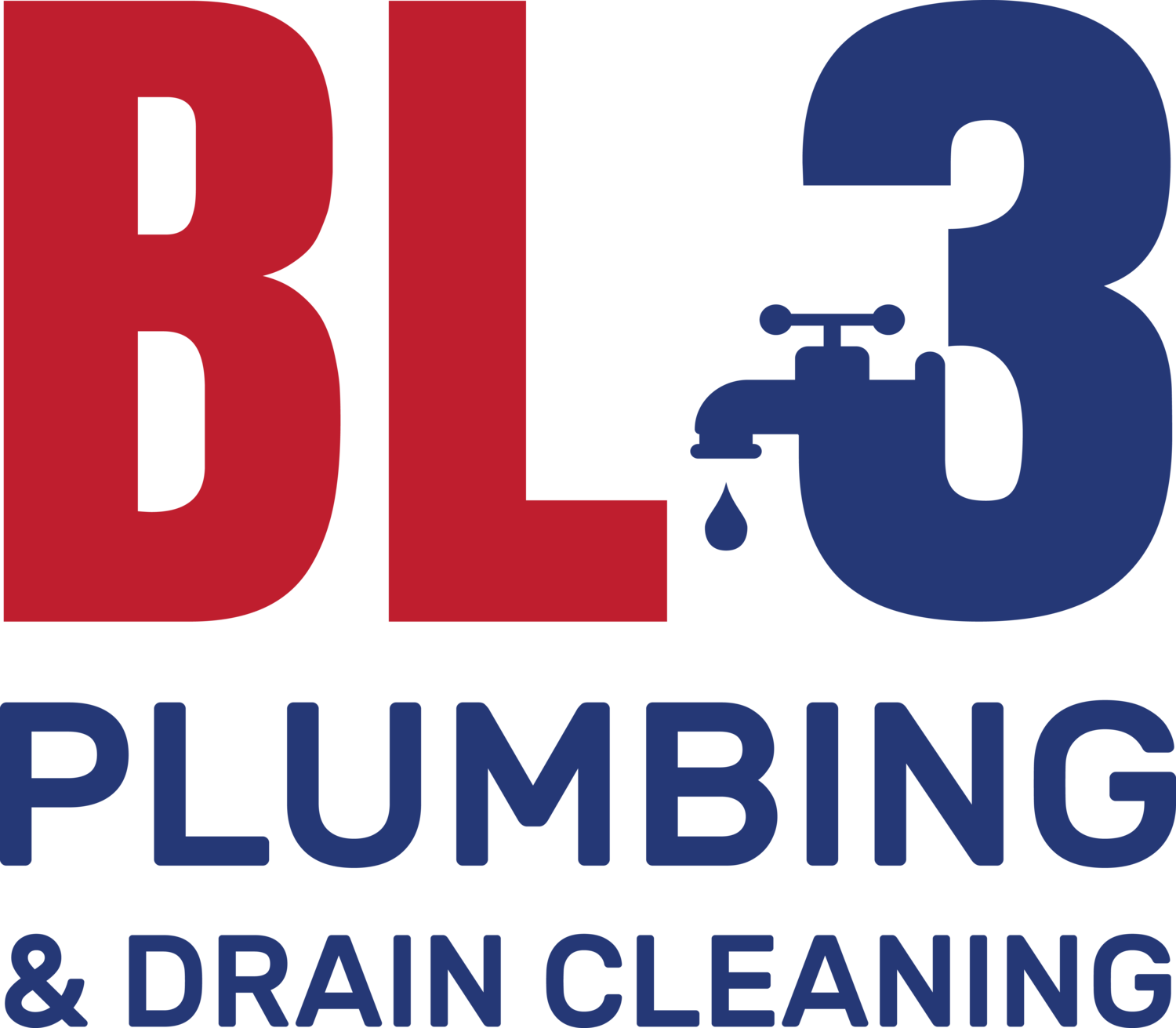Without the right protection, your home could experience excessive damage as the temperatures start dropping during the fall season. It’s important to learn how the effects of cold weather can impact your plumbing systems because those freezing temperatures can cause you a lot of expensive problems.
There are five things to consider when those leaves turn bright oranges and yellows.
1. Conduct annual maintenance.
It’s recommended you schedule an inspection on your sewage and plumbing systems each year. An inspection gives you peace of mind to know you don't have any expensive repairs waiting to surprise you at the worst time possible.
Yearly inspections prevent a lot of hassle and unnecessary expenses in the future because it gives you a chance to fix a problem early rather than later. The brisk temperatures and pumpkin-spiced everything can be your cue to schedule an annual plumbing appointment.
A basic inspection generally includes examining the hot water, septic, and sump pump. A professional can inspect these systems to be sure everything's running smoothly. It is also a good idea to get your septic tank pumped around every two to three years to prevent any clogging or sewage backup.
At BL3 Plumbing, we can discuss the types of inspections needed for your home.
2. Keep track of freezing temperatures.
Every morning is a little colder than the one before as fall meets winter. Now, you are bringing an ice scraper for your windshield before you head to work. In order to keep your plumbing systems safe, it’s important to monitor weather changes during the fall season.
The first freeze can sneak up on you and cause significant damage. If you notice temperatures will be dipping into the low 30’s, be aware and perform necessary precautions ahead of time. Don't wait until the first day of winter to start your preparations, take care of all the work before you are worried about snowstorms.
Fall weather brings an abundance of leaves, which are beautiful on the trees, but a menace on the ground. The dead vegetation will clog your gutters.
To prevent blockage, you will spend several days removing debris from your gutters and other drainage systems. If you don't, the water won't drain properly and if it freezes the extra weight could break and crack your drainage systems.
Excess water left in guttering can also lead to ice dams, which is the accumulation of ice in guttering that blocks water from draining off the roof. The lack of proper drainage can even cause additional problems inside the home.
3. Protect your pipes.
The primary goal is to ensure your pipes do not freeze. If you have pipes exposed above ground, they need to be protected. Heat tape and pipe insulators are a few tools designed to help you keep things flowing when it is cold outside.
When your plumbing is exposed to temperatures below freezing, the water left in your pipes hardens and expands causing them to burst.
Inside your home, the best way to protect your pipes is two-fold. First, crack the cabinets leading to the pipes under your sinks. Second, turn the water on, and allow it to drip slowly.
Double check your outdoor pipes and plumbing systems as well. Look for hoses connected to spigots, and remove them. Even if the spigot is shut off, excess water in the hose and the water line leading into your home will freeze and burst the pipes. You don't want to replace pipes and hoses this winter or next spring.
4. Locate the main valve.
Knowing the location of the main valve is important all year, but it is especially important in the winter. You need to be prepared to shut it off in the event of a pipe bursting. If you waste precious minutes trying to find the main valve, you could be stuck paying a big bill for water restoration services.
If you can't shut the valve off yourself, knowing the location will at least help you point the professionals in the right direction so they can work faster.
5. Stay warm inside.
If your indoor heating system breaks, not only will you and your family be left in the cold, but your plumbing system will be at risk too. A simple HVAC inspection could protect more than just your need for heat inside your home, but it could also ensure your pipes won't experience extended exposure to extremely cold temperatures.
If you live in an area prone to severe weather and snowstorms during fall and winter months, a backup generator is ideal. Generators may seem pricey, but it could save your plumbing systems and your wallet due to the expenses related to fixing pipes.
It is always best to stay prepared and ready for the changes of seasons. Fall weather can at times be unexpected, so know what to do in the event of a plumbing emergency, and contact professionals to help guide your way.
At BL3 Plumbing, our experts are efficient and knowledgeable. If you're ready to prepare for winter, give us a call today at (405) 327-1414.


